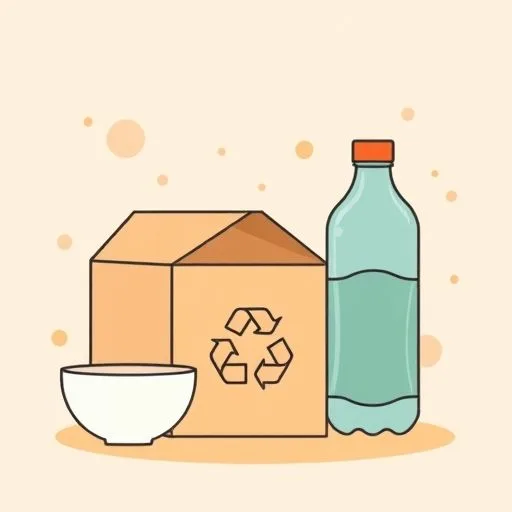
That moment when you found the kids drawing recycling symbols on cardboard boxes? I watched it happen—remember how you turned the ordinary into the extraordinary? That’s when I realized: our planet’s future isn’t being shaped by grand gestures, but in the cereal bowl you use for soup instead of plastic, and the way you make recycling sound like a treasure hunt!
The Language of Less

Can you believe how our daughter rethinks comfort now? It absolutely blows my mind when she turns off lights without being asked! We’ve all seen how you’ve taught them to embrace ‘less’—remember how that old rice bowl became her lunchbox superhero? That creativity blows me away!
And that clever game you’ve made? I’ve watched you turn the heating system’s dial into the family’s ‘guess the temperature’ challenge. They’re learning sustainability without even realizing it’s a lesson. That’s what makes it stick—the lightness of the lessons, the ease of the habits we build together.
From Trash to Treasure
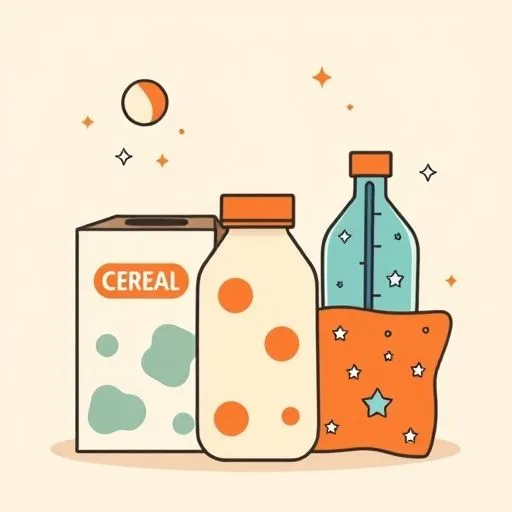
Remember those ‘sleepy’ boxes? The ones that became our kids’ art supplies? Last weekend, we had this amazing ‘upcycling party’ where our 7-year-old turned cardboard boxes into a rocket ship that would make NASA jealous! The creativity that came out of that afternoon? Absolutely mind-blowing!
Here’s the thing I’ve noticed: kids don’t mourn the absence of new toys when they’re elbow-deep in paint and glue.
That recycled stationery paper you’ve used for their homework? That dazzling smile, the one that says, ‘This matters’—that’s the real metric of success. Not the city’s ESG reports, but that spark in her eyes when she shows her solar system made from the boxes we saved.
The Curriculum of Care
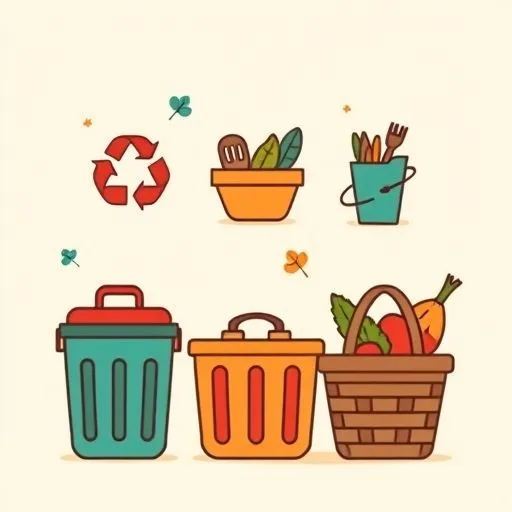
Our family’s ‘bap-sang goals’—those quiet moments when we’re counting how many meals are made with local ingredients? As a dad who’s always analyzing data patterns, I’m fascinated how our small habits multiply—just like planning a family adventure where every detail matters! I’ve seen how you weave sustainability into the fabric of our days. The way you’ve taught our son to separate plastic from cans with the enthusiasm of a museum curator, the pride in his voice when he tells his friends, ‘Plastics are red, and cans are green!’
It’s not about the big policy changes. The real change comes from the smallest acts of care—the meals you’ve planned with the season’s harvest, the way you’ve turned recycling into a game of teamwork. The way we’ve been teaching our children that the world is worth saving—one spoonful of rice at a time.
The Ripple Effect
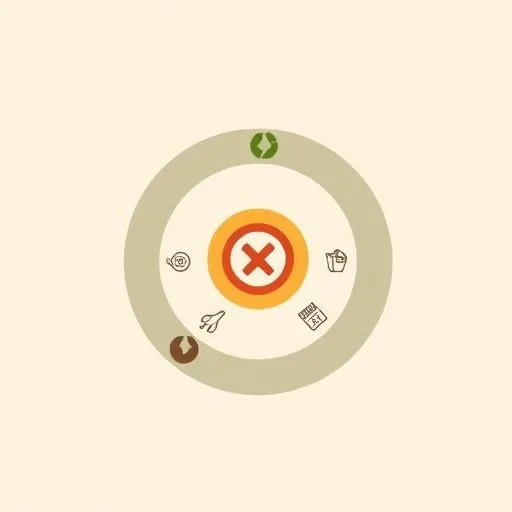
What’s been most surprising? The way our neighbors are learning from us. Our 7-year-old’s eyes light up when we turn recycling into a game, just like they do when we’re planning our next trip! The gentle way you’ve inspired them, the way they’ve adopted the ‘no plastic’ policy—not just as a rule, but as a shared promise.
Change isn’t just in the big gestures, it’s the collective impact of how we’re living. The way our kids’ schools are now asking for recycled stationery. The way our community is starting to think about ‘the family fun’—the way we’ve turned mandatory recycling into shared joy, even when we celebrated the ‘zero waste’ week with homemade rice milk.
The Future Is Being Built Right Now
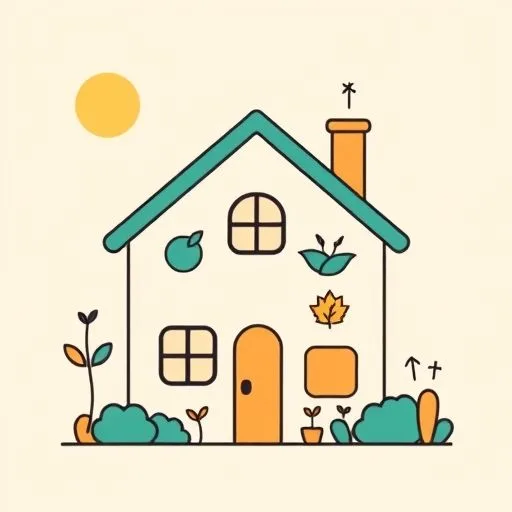
As we sit in the evening, exhausted but full of pride, it’s clear: the future isn’t in some distant government report. It’s in the way we’re teaching them to be comfortable with less. Less toys, less plastic, so much more creativity. The way you’ve made a game out of turning off the heating when the room is warm enough—that’s how we’re raising a generation with a different relationship with the world.
Watching the way you’ve taught them to rethink ‘comfort’—the way you’ve shown them to cherish the things we have—I’ve realized: the future is being built in the simplest of our everyday choices. The way we are teaching them less is not about deprivation, but about abundance—the abundance of care.
Source: Diginex Signs Strategic Agreements with iNEED to Advance Sustainability Reporting for Rural Banks in Indonesia, Globe Newswire, 2025-09-30
